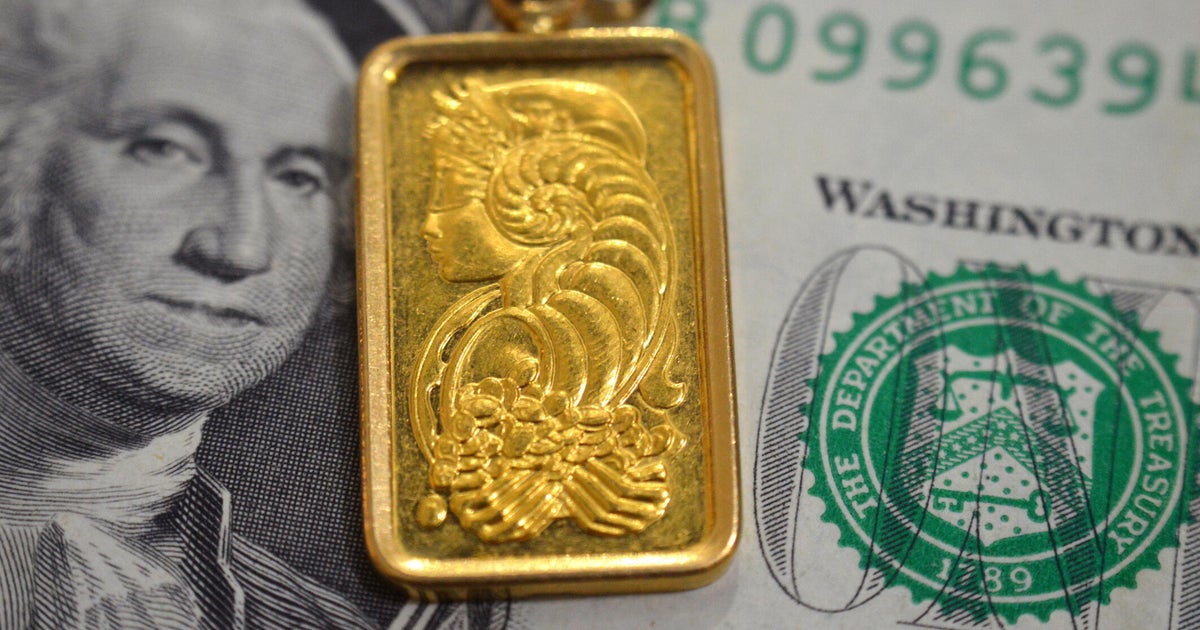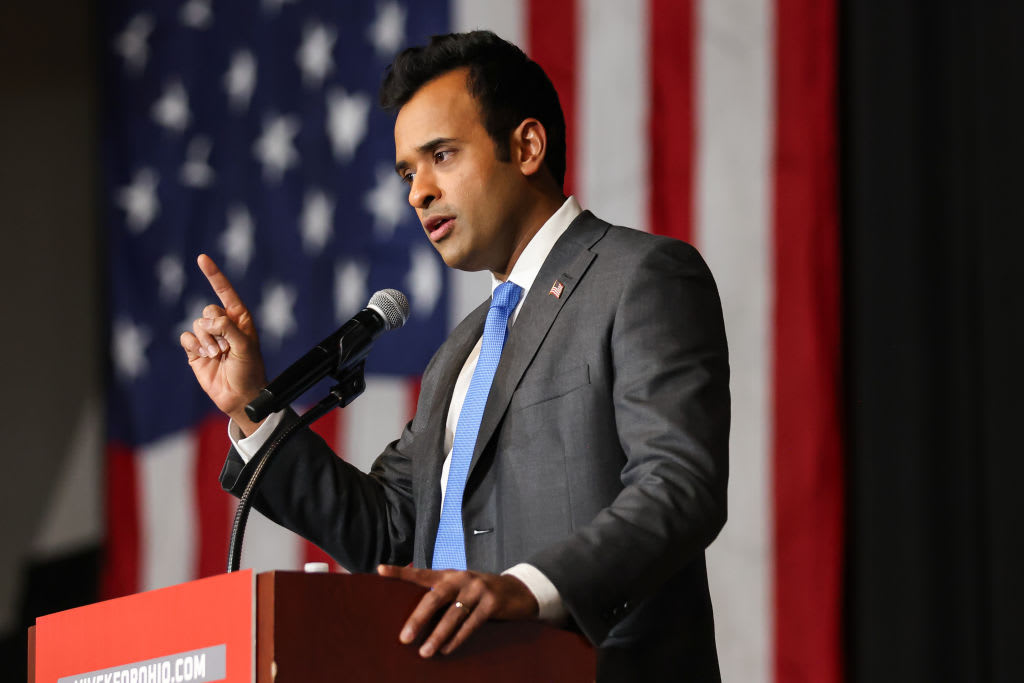As more states look to end federal enhanced unemployment, nearly 4 million people could lose at least some of their unemployment benefits
More than 3.8 million Americans could lose at least some — and in many cases all — of their federal unemployment benefits starting next month, as a growing number of Republican governors have announced they will end their states' participation in the federal programs as coronavirus pandemic restrictions ease.
But some progressives are calling on the Biden administration to find ways to continue at least some of that aid, and the administration is examining the matter.
The end of federal enhanced unemployment benefits could affect more than 1.3 million unemployed workers in Texas, more than 594,000 in Ohio, more than 268,000 in Georgia, more than 190,000 in Arizona and more than 147,000 in Missouri alone, according to the Century Foundation, a progressive think tank. While programs are administered through states, it is federal money, so those opting out are also leaving more than $20 billion in funds going directly to their states on the table.
Officials in GOP-led states claim the $300 increased benefits are a disincentive for people to return to work, leading to workforce shortages as businesses try to rehire workers. Governors in at least 23 states have announced they would end participation in the programs between mid-June and early July.
The White House and administration officials have pushed back, saying the data does not support the governors' arguments. They have noted that many Americans are still concerned about the health risks associated with COVID-19. A lack of child care and children not being back in classrooms full time has also been a challenge for parents returning to the workforce.
"Secretary Walsh and the Biden Administration have been doing all they can to take concrete action to prevent anyone from falling through the cracks as we know unemployment benefits have served as a vital lifeline for workers throughout the pandemic – to help them buy food, pay rent and remain healthy," the Labor Department said in a statement to CBS News.
Unemployment experts say the changes would disproportionately impact people of color who face higher unemployment, including in many southern states where officials are opting out of the benefit programs.
Federal unemployment benefits include the $300 per week supplemental payments for people receiving state unemployment. But in nearly all states, the effort also includes a program to help gig workers and self-employed people not eligible for traditional unemployment benefits, who are also eligible to receive the supplemental payments, as well as programs that provide benefits for long-term unemployed workers who have exhausted other options and gives an additional $100 benefit to certain people who lost incomes from multiple sources including self-employment. As part of the American Rescue Plan, the pandemic relief legislation passed earlier this year, Congress extended these programs through September 6.
"Let's be clear. There is not a shortage of willing workers in America," said Senator Bernie Sanders in a statement. "There is a shortage of employers willing to pay workers a living wage with decent benefits. If employers truly want to expand their workforce, there is a simple solution: raise wages and provide decent benefits."
In a letter to Labor Secretary Marty Walsh earlier this month, Sanders called on the administration to ensure that workers get the unemployment benefits even as Republican governors threaten to take them away.
"I am writing to remind you of your congressionally-mandated requirement to provide Pandemic Unemployment Assistance benefits to workers ineligible for state unemployment aid and urging you to ensure workers receive these benefits even when states threaten to take it away," Sanders says in the letter.
"The CARES Act gives states discretion over other pandemic-related unemployment insurance programs, such as Federal Pandemic Unemployment Compensation and Pandemic Emergency Unemployment Compensation. However, Congress did not grant states the ability to strip PUA benefits away from vulnerable workers," Sanders states.
The Labor Department also heard from the nonprofit National Employment Law Project, which released a memo outlining different options to administer the assistance. It includes enforcing that states continue to implement the program or have the department enter into an agreement with a state still in the program to administer benefits to individuals in another state that has opted out.
"This is already an existing model. This has happened in times of crisis," said Alexa Tapia of the law project. "We wouldn't have to reinvent the wheel for this necessarily. It's still going to be hurdles, but it's up to the U.S. Department of Labor to figure this out."
The Labor Department's attorneys are assessing those arguments, but any major adjustments of the unemployment insurance programs could require congressional action.



